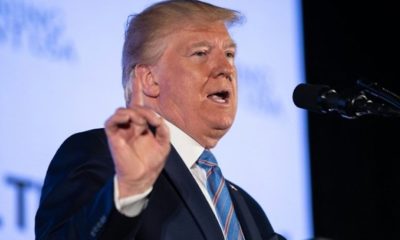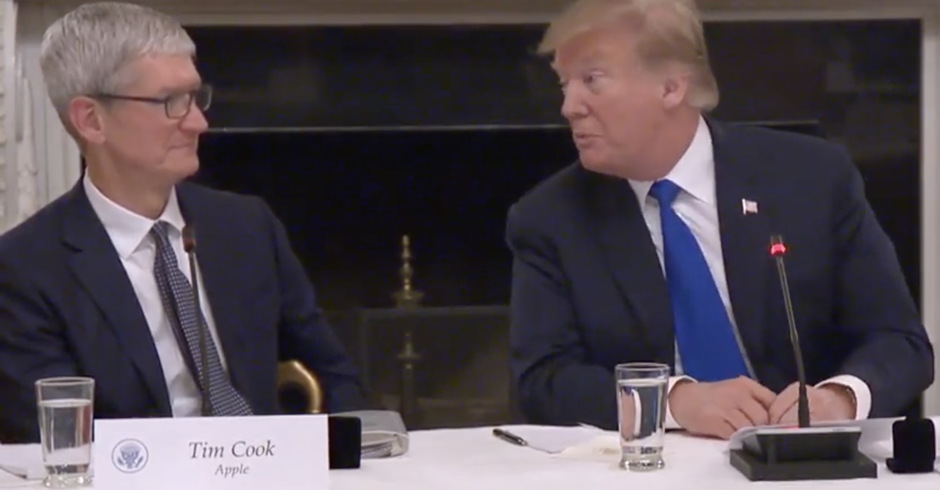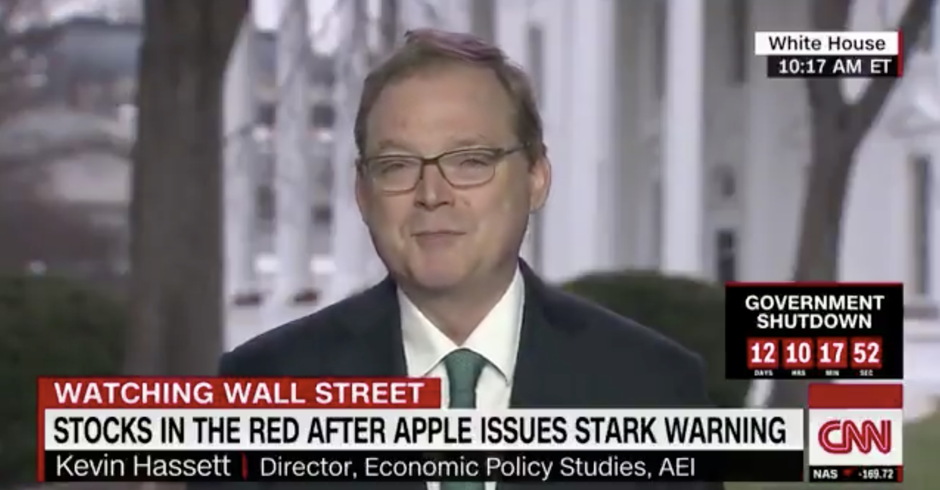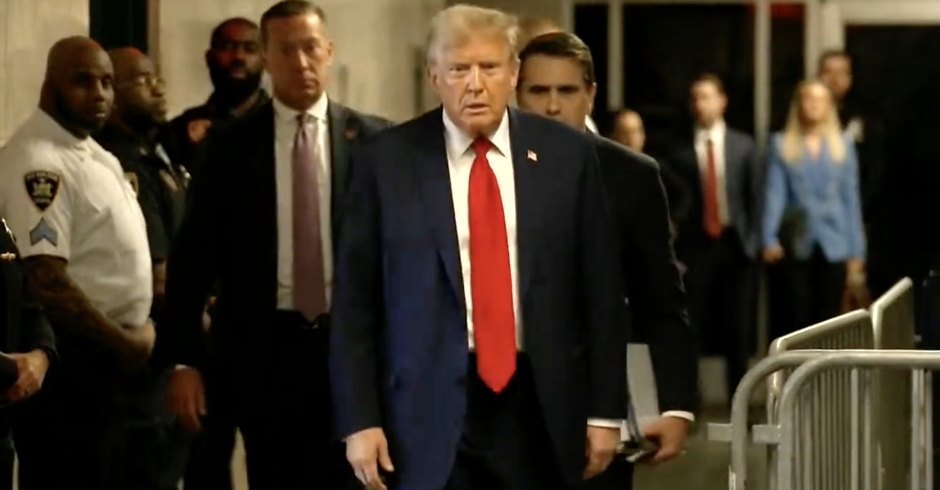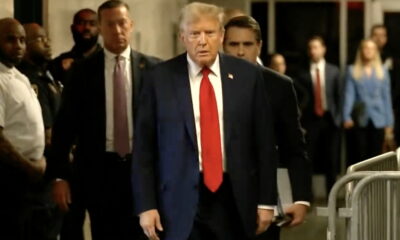News
Latest Apple Watch Banned in U.S. Over Blood Oxygen Feature

The latest Apple Watch models, the Watch Series 9 and Watch Ultra 2, cannot be imported into the United States. The ban from the International Trade Commission went into effect Tuesday over allegations of patent infringement.
Sixty days ago, the ITC issued the ban on the new Apple Watch. The new models have a feature that measures blood oxygen saturation in the wearer. Masimo, a manufacturer of technologies that determine a person’s blood oxygen levels, accused Apple of infringing on its patents. Apple had previously attempted to partner with Masimo on incorporating its technology into Apple devices, according to The Verge.
After an initial meeting with the company, Apple started hiring employees away from Masimo before releasing their own watch with a similar feature, according to The Wall Street Journal. Masimo sued in 2020, but following delays, the company filed with the ITC to decide if there was any infringement. Earlier this year, the ITC ruled in favor of Masimo, issuing an import ban on the devices in October, The Verge reported.
The White House had until Monday, Christmas Day, to make a decision on whether or not to override the ITC with a veto. On Tuesday, President Joe Biden’s office issued a press release saying that U.S. Trade Representative, Ambassador Katherine Tai, had decided to uphold the ITC’s findings, effectively banning the watch.
“We strongly disagree with the USITC decision and resulting exclusion order, and are taking all measures to return Apple Watch Series 9 and Apple Watch Ultra 2 to customers in the U.S. as soon as possible,” an Apple spokesperson told CNBC.
Apple is expected to appeal the ruling, according to The Hill. In addition, Apple is redesigning the watch to remove the alleged patent infringement, according to Bloomberg.
A veto was not expected to happen. The last time the White House overrode an ITC ruling was in 2013, in a case that also involved Apple. That year, the Obama administration chose not to uphold an import ban on iPhones and iPads. In that case, Samsung alleged that Apple had infringed on its patents, according to CNBC. The case was finally determined in 2018 in Apple’s favor, who was awarded $539 million, according to The Verge.
Enjoy this piece?
… then let us make a small request. The New Civil Rights Movement depends on readers like you to meet our ongoing expenses and continue producing quality progressive journalism. Three Silicon Valley giants consume 70 percent of all online advertising dollars, so we need your help to continue doing what we do.
NCRM is independent. You won’t find mainstream media bias here. From unflinching coverage of religious extremism, to spotlighting efforts to roll back our rights, NCRM continues to speak truth to power. America needs independent voices like NCRM to be sure no one is forgotten.
Every reader contribution, whatever the amount, makes a tremendous difference. Help ensure NCRM remains independent long into the future. Support progressive journalism with a one-time contribution to NCRM, or click here to become a subscriber. Thank you. Click here to donate by check.
 |



